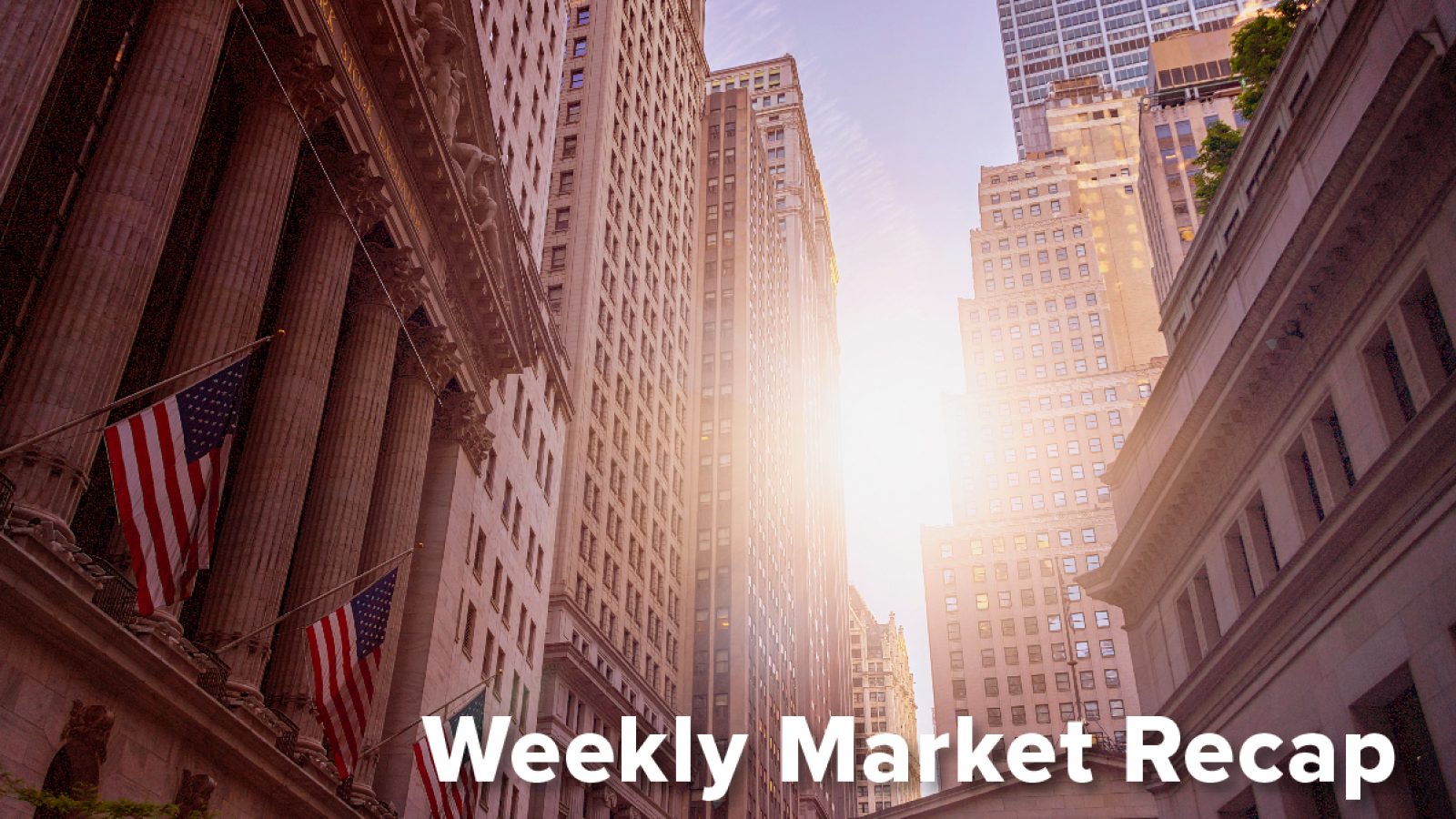What Happened Last Week
- Tariff Shock: Trump’s huge tariffs—a 10% baseline already in effect and the “reciprocal” tranche to be implemented on April 9—threaten a major hit to economic growth and confidence.
- Market Reaction: The S&P 500 fell by a historic 10.5% in two days. Rates, commodities, and credit markets moved sharply, pointing to rising recession risks.
- Fed Waiting: Powell is on the sidelines as the economic outlook unfolds.
What We’re Watching This Week
- Tariff Impact: Any signs of delays or credible negotiations would offer short-term market relief.
- Credit Markets: Only a credit market freeze—not weak economic data or equity drawdown—would trigger Fed intervention.
- Bank Earnings Watch: Major banks start reporting on Friday, where insights on consumers and credit will be closely scrutinized.
Investment Management Team Views
Markets had hoped Liberation Day would reduce uncertainty and clarify the path ahead, but events took a sharp turn. After last Wednesday’s market close, President Trump announced much larger and more far-reaching tariffs than expected. A 10% across-the-board tariff took effect April 5, with country-specific levies set to start on April 9. If implemented as announced, this amounts to a major tax hike on consumers and a severe supply shock to businesses. Unfortunately, uncertainty has continued to grow due to the overwhelming size and scope of these actions and the lack of a clear off-ramp from last week’s announcement.
The market reaction was swift and justified. The S&P 500 fell 10.5% in two days—its third-largest drop since 2000. The weekly loss of 9.1% is rivaled only by major crises like those in 2000–01, 2008, and 2020. In those years, interest rates dropped, commodity prices collapsed, and credit spreads widened—moves consistent with rising recession risks. If there are no trade policy changes, we see a recession as the base case in the near term. However, with the current negative sentiment, it doesn’t take much to see a sharp reversal in the market, especially if the April 9 deadline is pushed or there are successful interim negotiations to lower tariff rates. Don’t expect the Fed to come to the rescue, though, as Powell made clear in his midday speech on Friday.
This week focuses on the imposition of tariffs and potential negotiations with trading partners. Economic data (Consumer price index [CPI] and small business confidence) are much less important in this environment. Instead, the market is the news; numerous IPOs were put on hold last week, but the potential for credit markets to seize up is more impactful, which would get the Fed’s attention. Lastly, the largest banks will kick off earnings season starting Friday morning. We will watch for macro commentary on the consumer and credit to impact overall sentiment.

